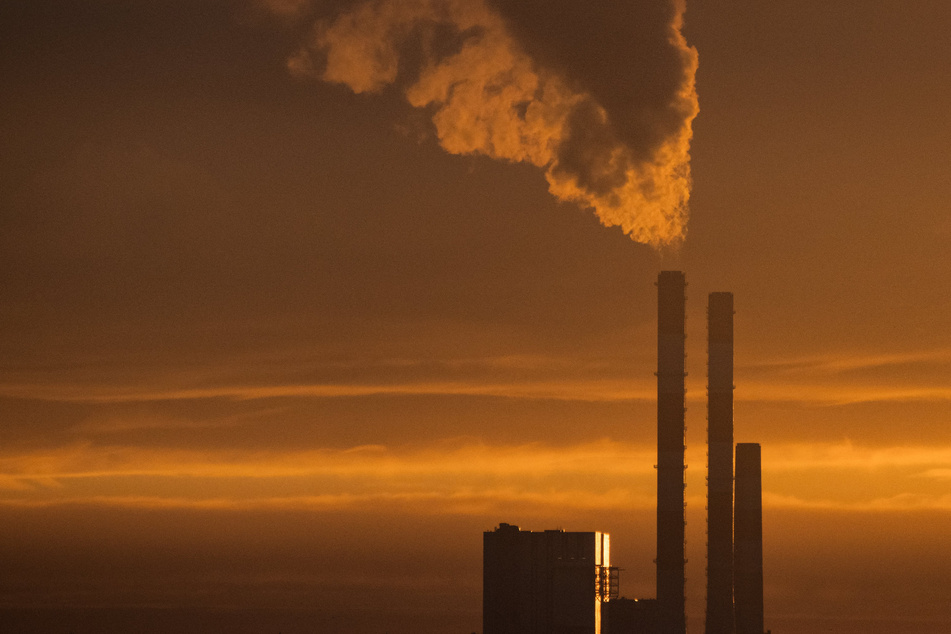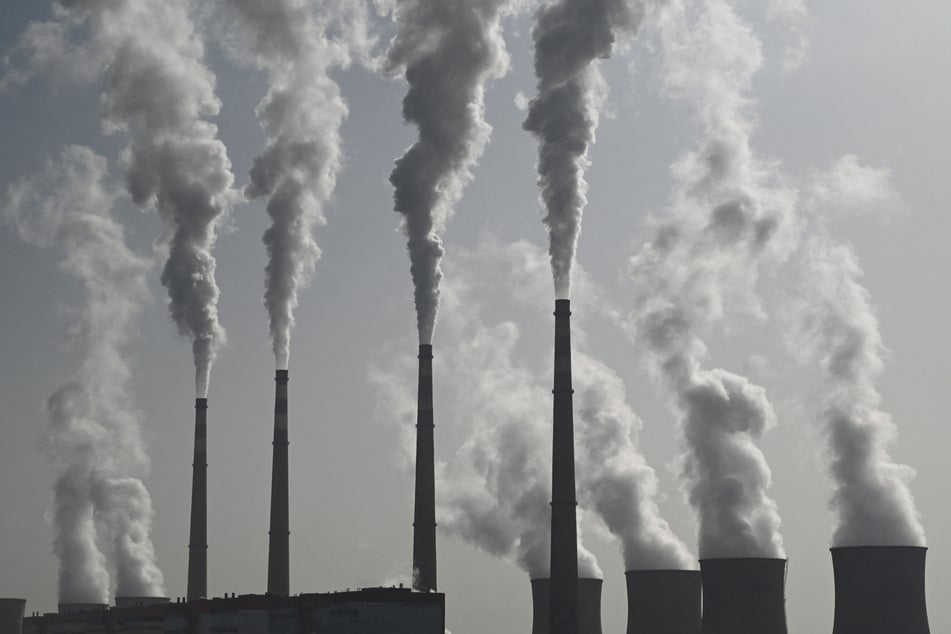World's largest private firms fail to set climate targets despite crisis
Only 40 of the world's 100 largest private firms have set net-zero carbon emissions targets to fight climate change, according to a report released Monday, lagging far behind public companies.

But for the world to meet the 2015 Paris Agreement to limit global warming to 1.5 degree Celsius, all companies need to reduce their planet-heating emissions, the report by the group Net Zero Tracker noted.
The lack of market and reputational pressures on private firms compared to those publicly listed, along with an absence of regulation, are to blame for their slow uptake of climate commitments, John Lange of Net Zero Tracker told AFP.
"I think things are changing on all three of those fronts," he added.
The report compared 200 of the world's largest public and private companies based on their reported emissions reduction strategies and net-zero targets.
It found that only 40 of the 100 private firms assessed had net zero targets, compared to 70 of 100 publicly listed companies.
Of the private companies that have set targets, just eight have published plans on how they will meet them.
"A pledge without a plan is not a pledge, it is a naked PR stunt," the report said.
Will private firms be able to continuing avoiding climate targets?

None of the eight fossil fuel companies included in the report were found to have a net-zero target, compared with 76% of the sector's largest public firms.
There was also little improvement in the figures since the first analysis was done in 2022, "despite a massive uptick in regulation around the world," Lang said.
Several jurisdictions, including the United Kingdom, have adopted climate disclosure regulations.
Others have regulations on the horizon, with business hubs of California and Singapore requiring greenhouse gas emissions reporting from 2027.
The European Union also introduced two climate regulations – the Corporate Sustainability Reporting Directive (CSRD) and the Corporate Sustainability Due Diligence Directive (CSDDD) – which will soon require thousands of large companies to report their climate impacts and emissions and to take action to curtail them.
"We're trying to get private firms to understand what's coming for them," Lang said.
The EU policies will have far-reaching effects in particular, targeting firms not only based in the bloc but those that may be headquartered elsewhere with branches or subsidiaries in member states.
It means firms will not be able to "dodge" climate targets much longer, Sybrig Smit of the NewClimate Institute told AFP.
"It's actually quite watertight. If companies want to do business in Europe, they are going to have to face the consequences," she said.
Cover photo: LOIC VENANCE / AFP

